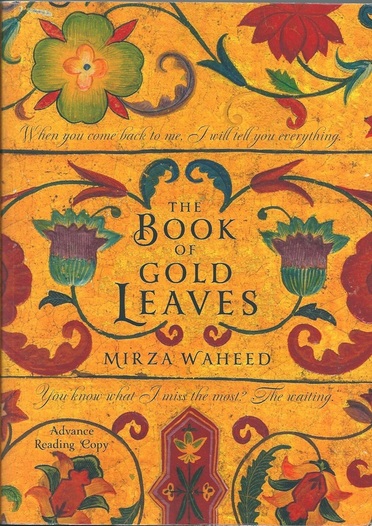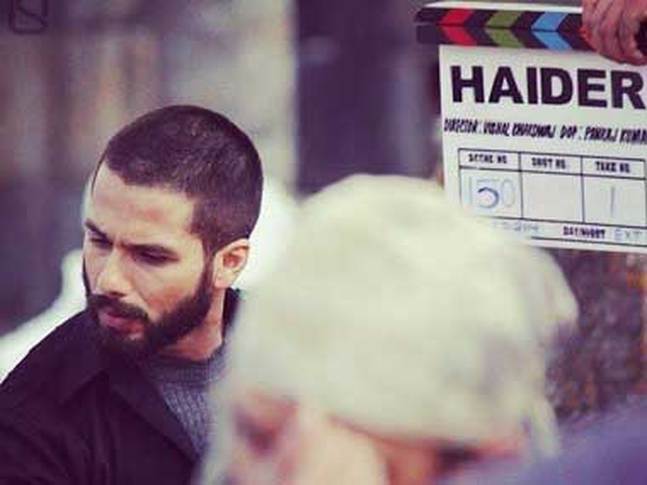
KashmirConnected will bring you a full review in due course of this novel set during the early months of the uprising, amid a city and populace in shock and fright. The first reviews have started appearing - and this piece by Alice Albinia in the Financial Times is worth reading. Here's a flavour of her comments:
Sadness infuses the novel, which, with its strange, compelling narrative logic, made me think of the folk legends sung by Sufi saints – about women suffering pain, humiliation, death, for their beloved. Waheed’s heroine, Roohi, is one such woman. Kashmir is undergoing similar humiliations.
But Waheed’s talent also lies in the vivid, convincing detail he brings to descriptions of everyday lives, however surreal their circumstances. As in The Collaborator, the careful meshing of domestic intimacy with political events is done deftly, with integrity.
Like his grandfather’s gold painting, Waheed’s work will undoubtedly endure; in this case as a haunting illustration of how, at the end of last century, normal life became impossible for many of those who call Kashmir home.
As for that gold painting - there's quite a story behind the book's cover, which Mirza Waheed explains in a codicil to the novel. His great-grandfather, Mirza Ghulam Mohammed, was a papier mache artist - as is a key character in his novel - and this is has masterwork, which Waheed only came across through a chance conversation with his uncle after the novel had been completed.

 RSS Feed
RSS Feed